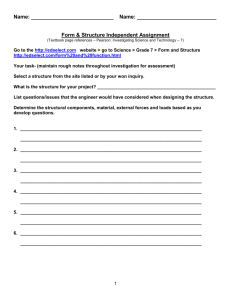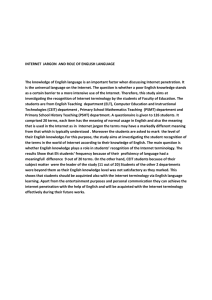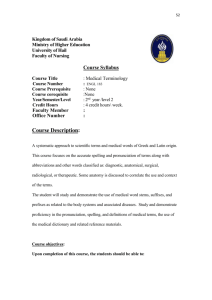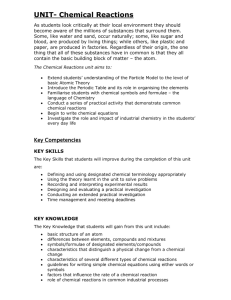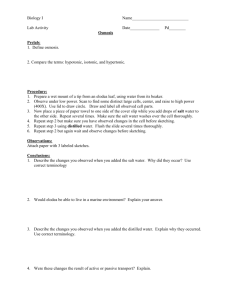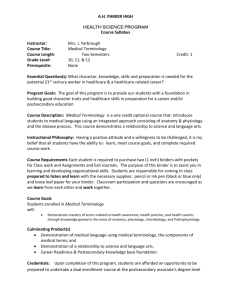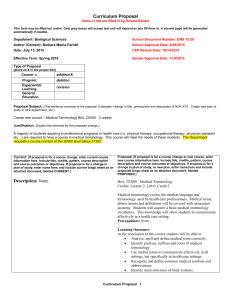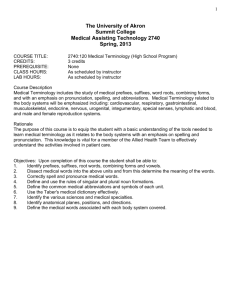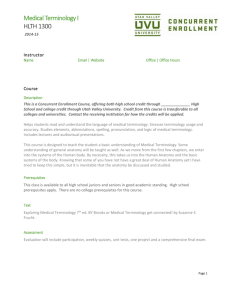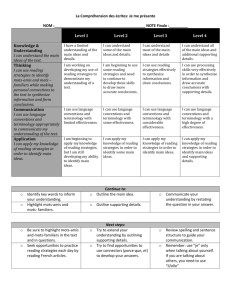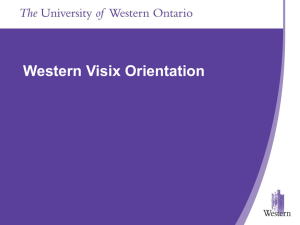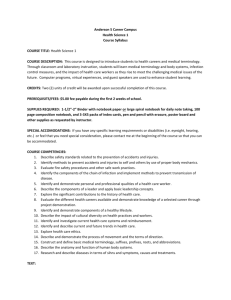RESUMEN EN INGLÉS Summary This research has focused on the
advertisement
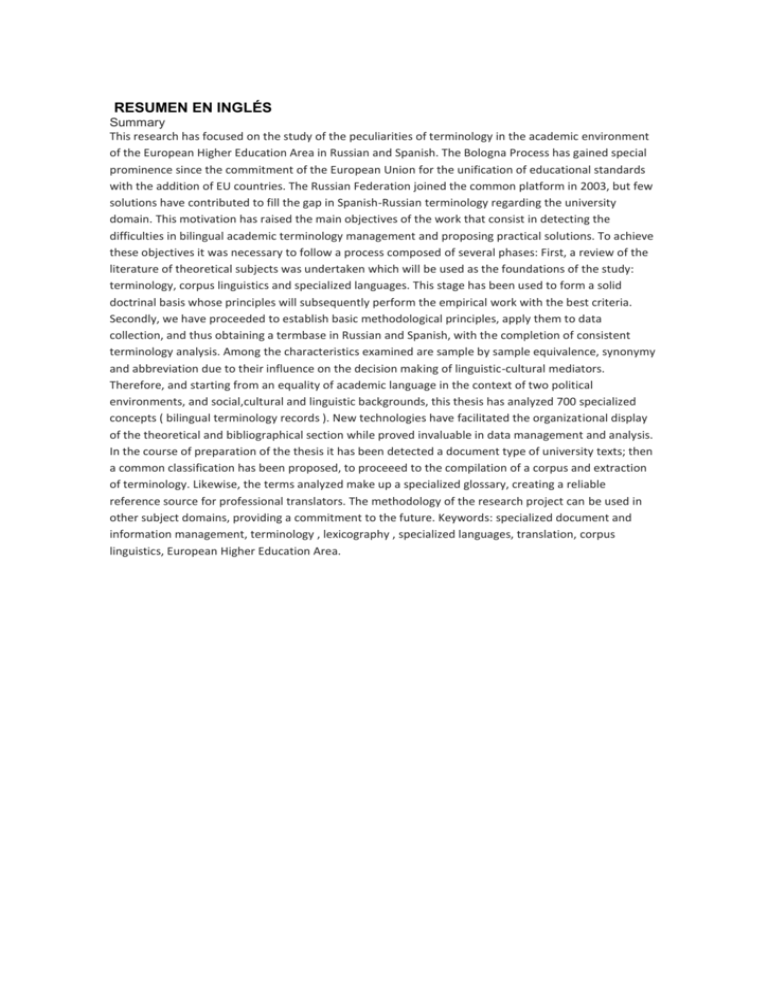
RESUMEN EN INGLÉS Summary This research has focused on the study of the peculiarities of terminology in the academic environment of the European Higher Education Area in Russian and Spanish. The Bologna Process has gained special prominence since the commitment of the European Union for the unification of educational standards with the addition of EU countries. The Russian Federation joined the common platform in 2003, but few solutions have contributed to fill the gap in Spanish-Russian terminology regarding the university domain. This motivation has raised the main objectives of the work that consist in detecting the difficulties in bilingual academic terminology management and proposing practical solutions. To achieve these objectives it was necessary to follow a process composed of several phases: First, a review of the literature of theoretical subjects was undertaken which will be used as the foundations of the study: terminology, corpus linguistics and specialized languages. This stage has been used to form a solid doctrinal basis whose principles will subsequently perform the empirical work with the best criteria. Secondly, we have proceeded to establish basic methodological principles, apply them to data collection, and thus obtaining a termbase in Russian and Spanish, with the completion of consistent terminology analysis. Among the characteristics examined are sample by sample equivalence, synonymy and abbreviation due to their influence on the decision making of linguistic-cultural mediators. Therefore, and starting from an equality of academic language in the context of two political environments, and social,cultural and linguistic backgrounds, this thesis has analyzed 700 specialized concepts ( bilingual terminology records ). New technologies have facilitated the organizational display of the theoretical and bibliographical section while proved invaluable in data management and analysis. In the course of preparation of the thesis it has been detected a document type of university texts; then a common classification has been proposed, to proceeed to the compilation of a corpus and extraction of terminology. Likewise, the terms analyzed make up a specialized glossary, creating a reliable reference source for professional translators. The methodology of the research project can be used in other subject domains, providing a commitment to the future. Keywords: specialized document and information management, terminology , lexicography , specialized languages, translation, corpus linguistics, European Higher Education Area.
